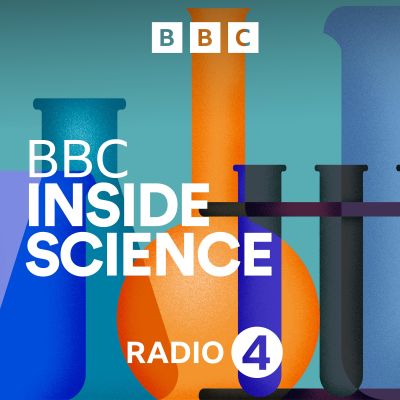A weekly programme that illuminates the mysteries and challenges the controversies behind the science that's changing our world.
http://www.bbc.co.uk/programmes/b036f7w2
Land use and zoonoses, California's earthquake risk and the Tuatara genome
COVID19 is a chilling reminder of how pathogens from animals can jump into humans. But it’s not the first time. SARS, Ebola, West Nile virus and bubonic plague are all serious infectious diseases that sat in a host species before crossing to us. But what causes this to happen? Individual case studies suggest that we are partly to blame in the way we use the land, either through urbanisation or agriculture. But how widespread is this, and do our global patterns of land use systematically put us at risk? Adam talks to environmental biologist David Redding from the Zoological Society of London, and his team, whose new study suggests they do. Jessica Bradford, the Keeper of Collection Engagement at the Science Museum, asks for your help with another mystery object that they’ve uncovered during their recent collection move. Roland Pease reports on the chain of interconnected faults which has stimulated Los Angeles' preparation for “the big one”, after southern California was hit by one of the biggest earthquakes in the area for decades. Adam also asks Neil Gemmell from the University of Otago in New Zealand about the weird and wonderful Tuatara, whose colossal genome he’s just sequenced. Presenter: Adam Rutherford Producer: Beth Eastwood
